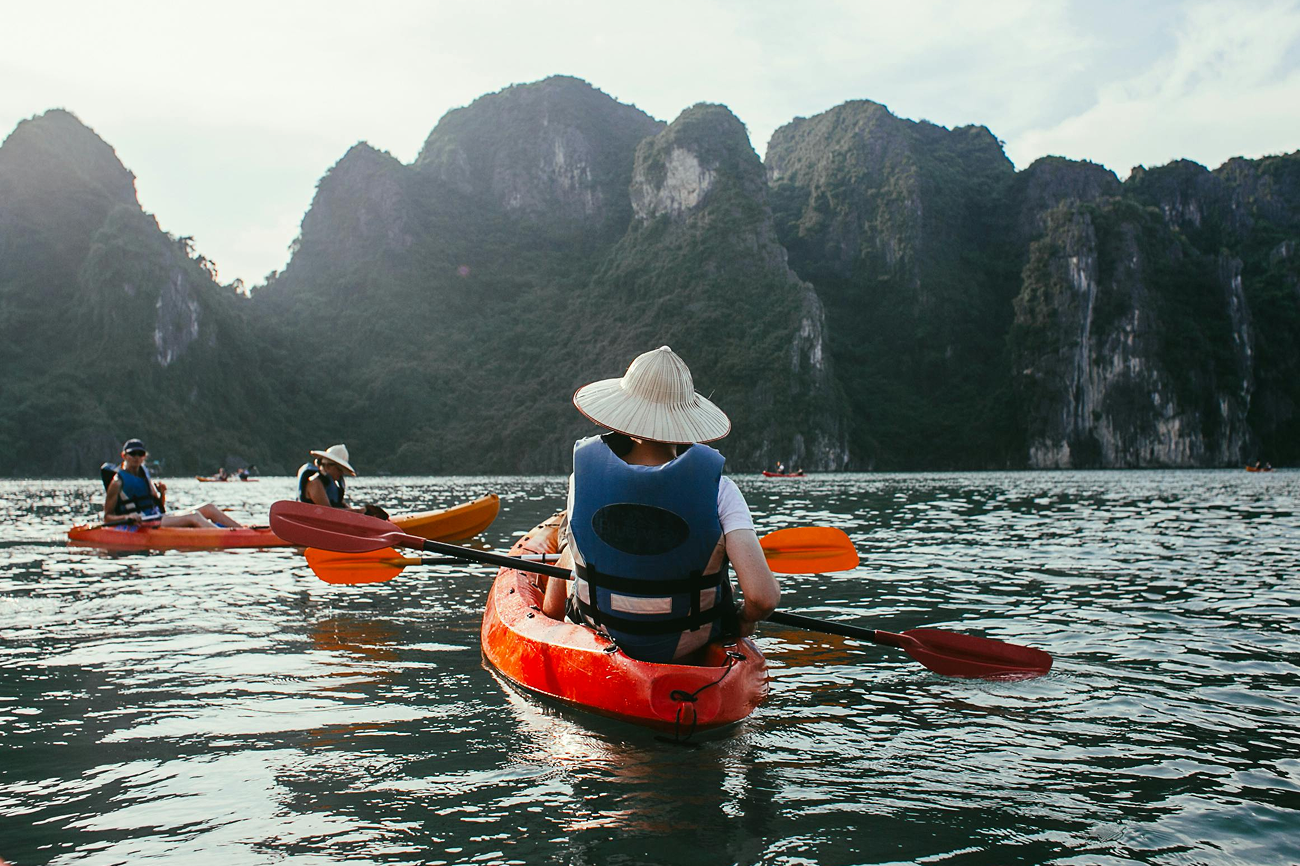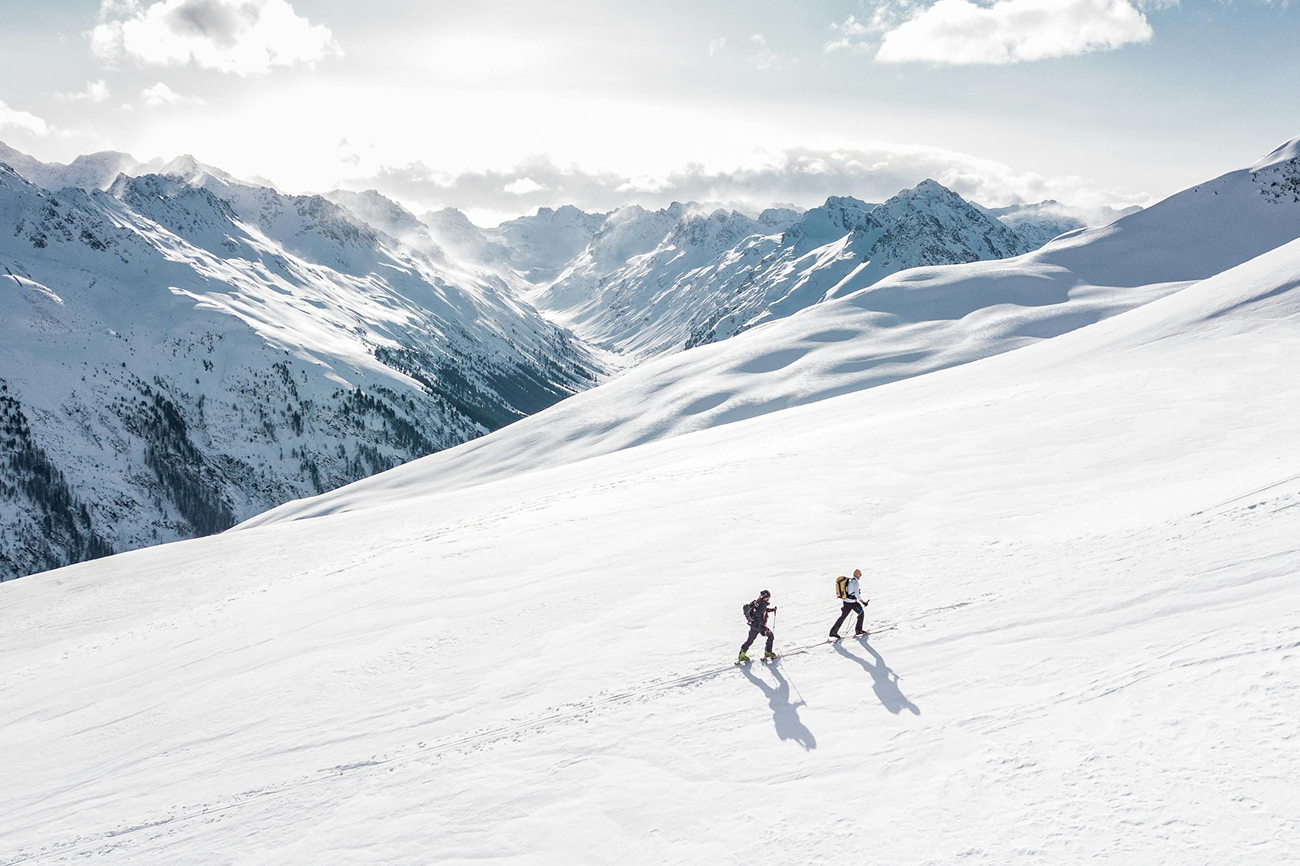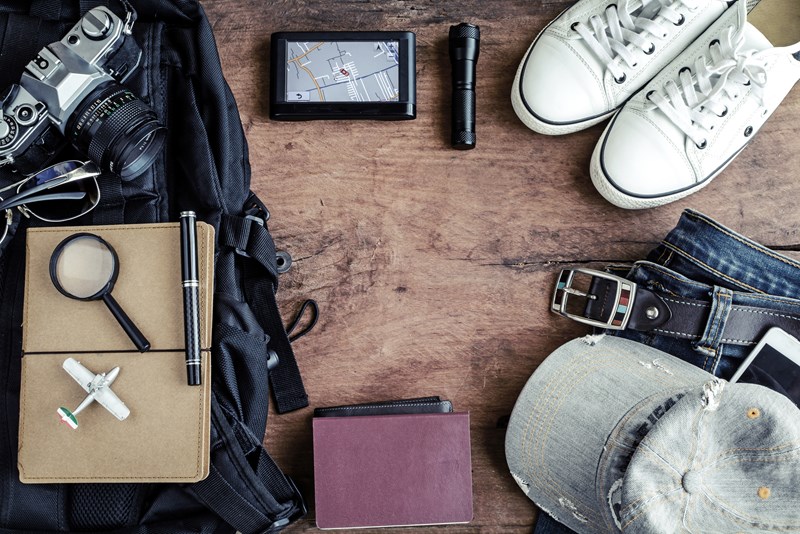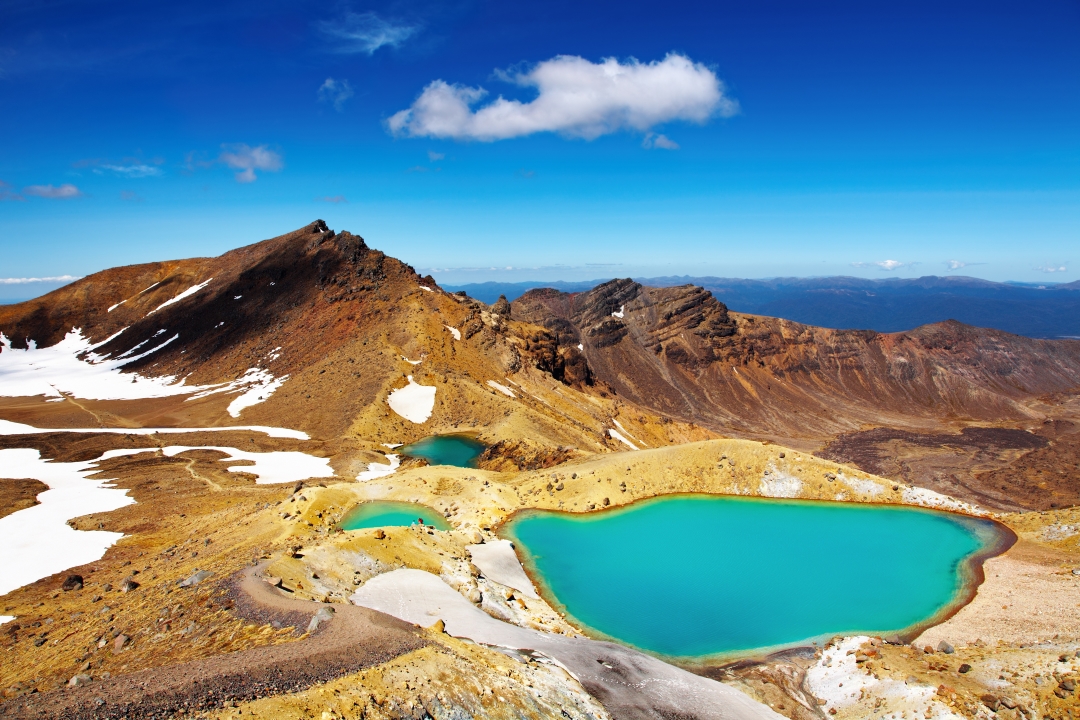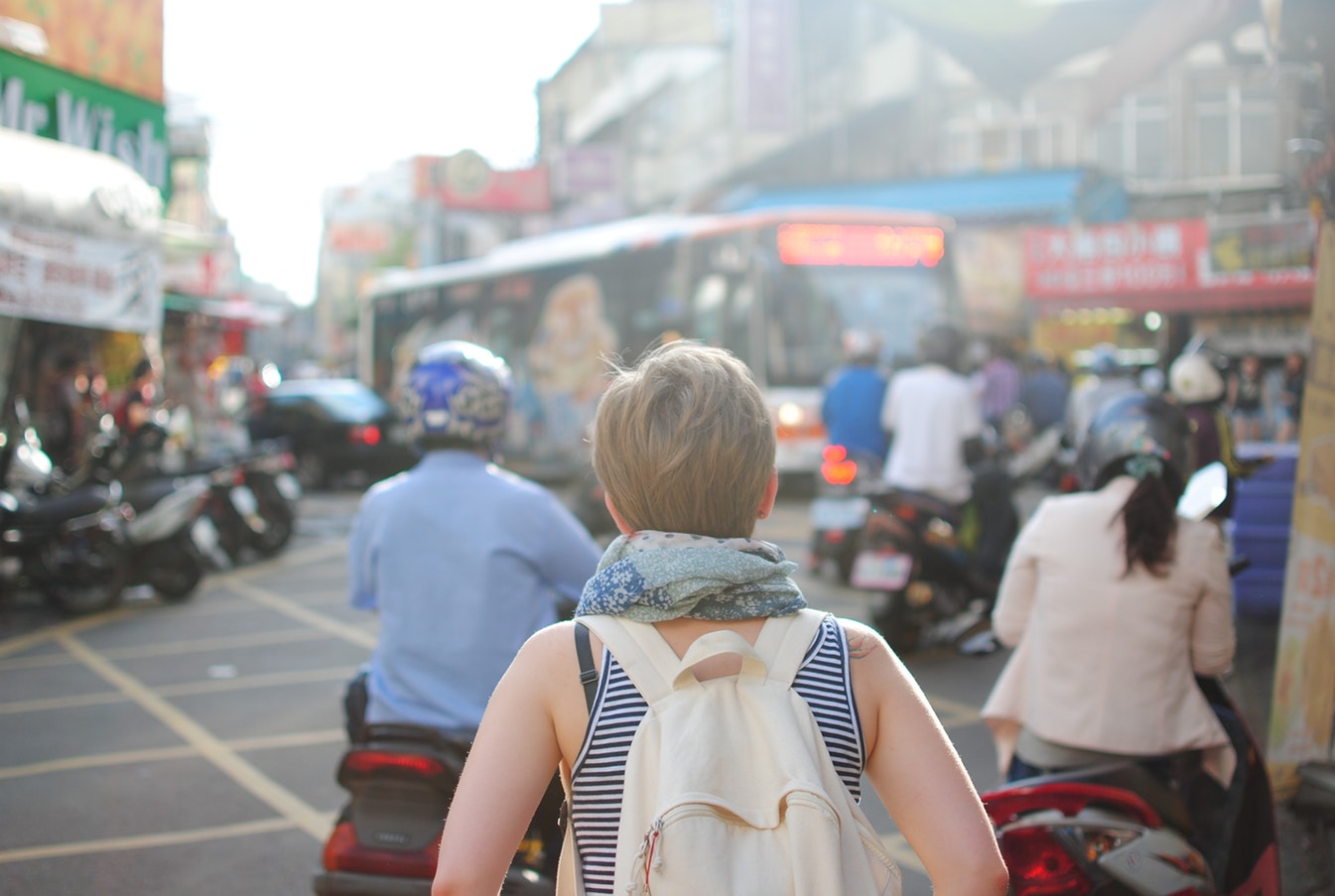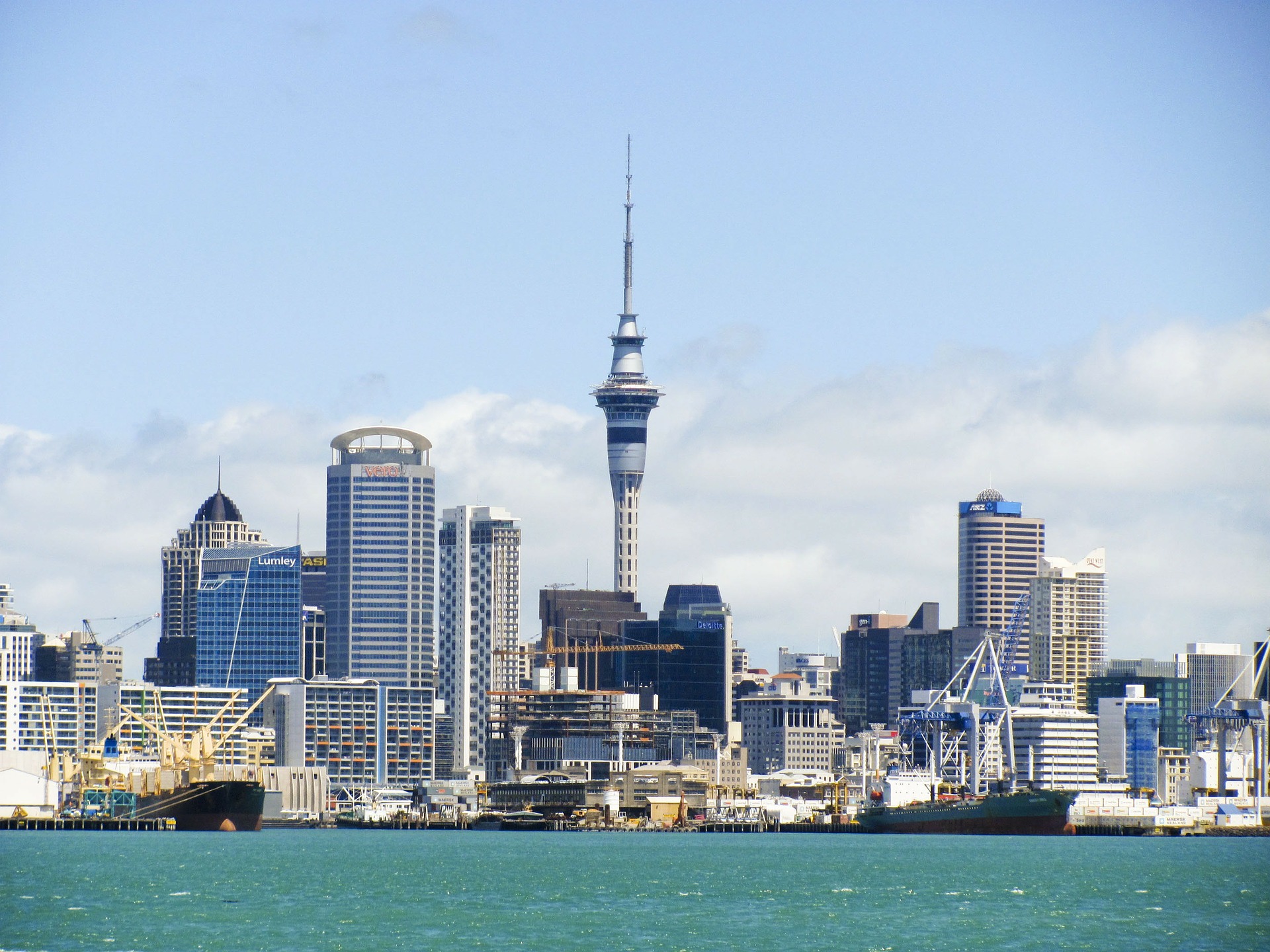On 9 December 2025, at 11:15PM local time in Japan, (1:15AM 10 December 2025 AEST), Japan was hit by a 7.5 magnitude earthquake. A megaquake and tsunami warning has been issued by the Japanese government. We understand hundreds of flights have been impacted, and more flights are expected to be impacted in the coming days. Any subsequent earthquakes, megaquakes, tremors, aftershocks and/or tsunamis after 10 December 2025 1:15AM AEST onwards will be considered the same event.
What to do
-
Follow local government and media advice.
-
Contact your airline, cruise company, travel agent, travel provider etc as they should be able to provide immediate help with rescheduling or providing you with your options.
-
Check Smartraveller's website and their Facebook.
-
Submit a claim for this event.
Are you overseas and need emergency medical help?
If you need emergency help, contact our Emergency Assistance team.
- Phone: +61 2 8320 7999
- E-mail: emergency@fastcover.com.au
The Australian Government also offers 24-Hour Consular Assistance for travellers overseas:
- Phone: +61 2 6261 3305
- SMS: +61 421 269 080
 †
†

 †
†


